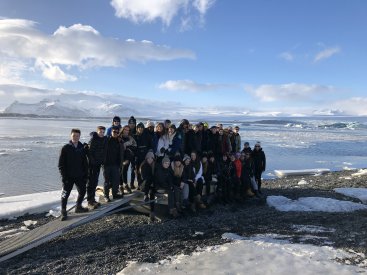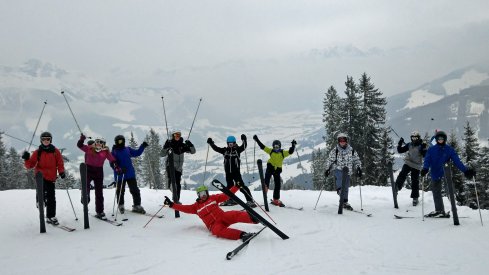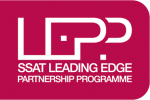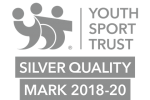STEM
STEM is an acronym for science, technology, engineering and mathematics.
The importance of STEM in the future of employment
STEM subjects are integral to the UK's success: the UK is the world's sixth largest manufacturer, engineering turnover is around £800 billion per year, and whilst the UK makes up only 1% of the world's population, we produce 10% of the world's top scientific research. Despite this, it is remarkable to note that even though STEM graduates have the potential to earn amongst the highest salaries of all new recruits, employers are finding it difficult to recruit STEM skilled staff. And alongside our need for a skilled STEM workforce, it is crucial that all young people, regardless of their future career pathway, have the STEM knowledge and skills they need to be an informed citizen in an increasingly scientific and technological society.
One challenge for STEM teaching is to help young people recognise how the science, design & technology, computer science, engineering and mathematics that they study at school or college can lead to rich and varied career pathways. This complexity is a challenge - but also offers an enormous opportunity for STEM teachers to engage young people with these strategically important subjects.
What we offer in terms of STEM teaching/projects
At Arden we offer a number of cross curricular projects that enable students to make the necessary connections between these four fundamentally vital subjects.
- STEM day with Science, Maths and Technology
- Science club - runs all year for KS3 students: Students complete projects and challenges that mirror real life problems that require a joint STEM solution.
- Where opportunities arise we always endeavour to arrange either in school or out of school trips to participate in STEM activities. Some of these include classroom medics coming into school, iRail company visiting the school and participating as a whole year group in nation STEM competitions such as saving the penguins.
Where STEM is covered in the Science curriculum
There are many areas within the Science curriculum that involve the teaching of maths, technology or engineering. Some examples include:
- Application of forces and gravity
- Use of technology to limit or improve fertility
- Generation of electricity
- Production of sustainable biofuels
- Production and properties of Alloys
Inspiration
There has not always been the same clear distinction between the four subject areas. The great scientists and engineers of the past were as at the forefront of science, technology, engineering and maths.
Isombard Kingdom Brunel
Voted the second best Briton ever! Could he have revolutionised public transport and modern engineering without linking all the four aspects of STEM together?
Rosalind Franklin
Her work in X-ray crystallography led her to deduce the structure of graphite, the tobacco mosaic and polio viruses. It also enabled James Watson and Francis Crick to identify the double helix structure of DNA.
Verena Holmes
An English mechanical engineer and inventor, the first woman member elected to the Institution of Mechanical Engineers, and a strong supporter of women in engineering. She was one of the founding members of the Women's Engineering Society in 1919. She developed and patented many inventions, including the Holmes and Wingfield pneumo-thorax apparatus for treating patients with tuberculosis, a surgeon's headlamp, a poppet valve for steam locomotives, and rotary valves for internal combustion engines. She held patents for 12 inventions for medical devices as well as engine components.
Arden students STEM successes
The majority of Arden Sixth Form student's progress to university and a very large percentage of those have studied or are studying degrees in STEM subjects. As well as the traditional pure science, engineering and maths courses the degree subjects chosen include:
- Aerospace Engineering
- Science and Anthropology
- Chemical Engineering
- Automotive Engineering
- Computer Science
- Music & Sound Technology
- Architecture
- Mechanical Engineering
- LandRover Apprenticeship
How we stretch the most able students at Arden
All teaching staff are aware of who the most able students are in their science groups. As part of their routine lesson planning they include activities that enable very able to direct their own learning, pose their own questions and complete open ended activities.
The three separate science subjects are offered at GCSE and the most able Year 9 students are encouraged to take triple science as one of their option subjects.
The level of attainment and expectation within the sixth form is exceptionally high. The most able scientists will chose science subjects at Alevel where we will continue to develop their independent learning skills so they become autonomous learners, fully prepared for life and study at University.
















